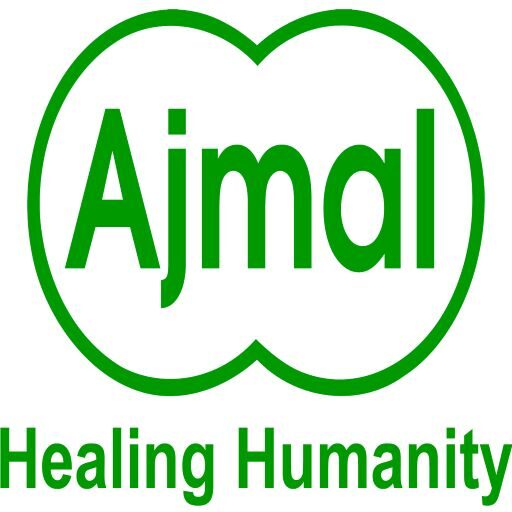Hakim Ajmal Khan is considered as one of the 100 great Muslim leaders of the 20th century. He was a visionary and was blessed with some extraordinary qualities which very few people can match. Hakim Ajmal Khan was born in Delhi in I868 in the family of renowned Hakims of Delhi famously known as Khandaan-i-Shareefi. He was the youngest of the three sons of The Great Hakim Ghulam Mahmood Khan, who himself was a legendary figure.
Hakim Ajmal Khan was a living legend, a person of inherent inner beauty, outer grace and dignity; he was a man of exceptional character. His medical works and treatments in different diseases and ailments are so strange that despite being true, at times they seem to be unbelievable.
His grandfather Hakim Sharif Khan sought to promote the practice of Tibb-i-Unani or Unani medicine and for this purpose, he had set up the Sharif Manzil hospital-cum-college that was known throughout the subcontinent as one of the finest philanthropic Unani hospitals that charged no fees from poor patients.
Hakim Ajmal Khan memorized the Holy Quran (Hafiz) at a very young age and received his education from some of the most highly respected scholars of his time and soon became an authority on Arabic, Persian, and Urdu. He later acquired command of the family profession of Tibbe Unani (Herbal Medicines), under the expert guidance of his family elder.
He established Ayurvedic & Unani Tibbia College and Jamia Millia Islamia where he also introduced women's education and launched a program to modernize Unani Medicine and brought about radical changes for the same. In later days to come, he practically gave away all that he earned either to Tibbia College or to Jamia Millia Islamia which were considered to be his two eyes.
He simultaneously established a commercial venture the Hindustani Dawakhana to manufacture Unani and Ayurvedic medicines and issued a diktat that doctors practicing in the Sharif Manzil could only recommend medicines from the Dawakhana. The Dawakhana is known to have patented 84 magical herbal formulas.
Hakim Ajmal Khan also headed the Muslim team who met the Viceroy of India in Shimla in 1906 and presented him with a memorandum written by the delegation. The following year, he was present at the Dhaka inauguration of the All India Muslim League on 30 December 1906. At a time when many Muslim leaders faced arrest, Khan approached Mahatma Gandhi for help, thereafter uniting with him and other Muslim leaders such as Maulana Azad, Maulana Mohammad Ali, and Maulana Shaukat Ali in the well-known Khilafat movement. He was also the sole person elected to the Presidency of the Indian National Congress, the Muslim League, and the All India Khilafat Committee.
Although Hakim Ajmal Khan renounced his government awards during the freedom movement, people who appreciated his work and held him in high esteem conferred upon him the title Masih-ul-Mulk (Healer of the Nation).
He left many students in India and Pakistan. Hakim Hafiz Mohammad Saeed of Hamdard Karachi and Hakim Sheikh Mohammod Ali Tayyebi of Tayyebi Dawakhana Karachi was the shining memories of Great Hakim Ajmal Khan.
Freedom fighter, educationalist, and beyond doubt, the greatest contributor to Unani medicine in Subcontinent in the 20th century: Hakim Ajmal Khan.

Healer of the Nation

